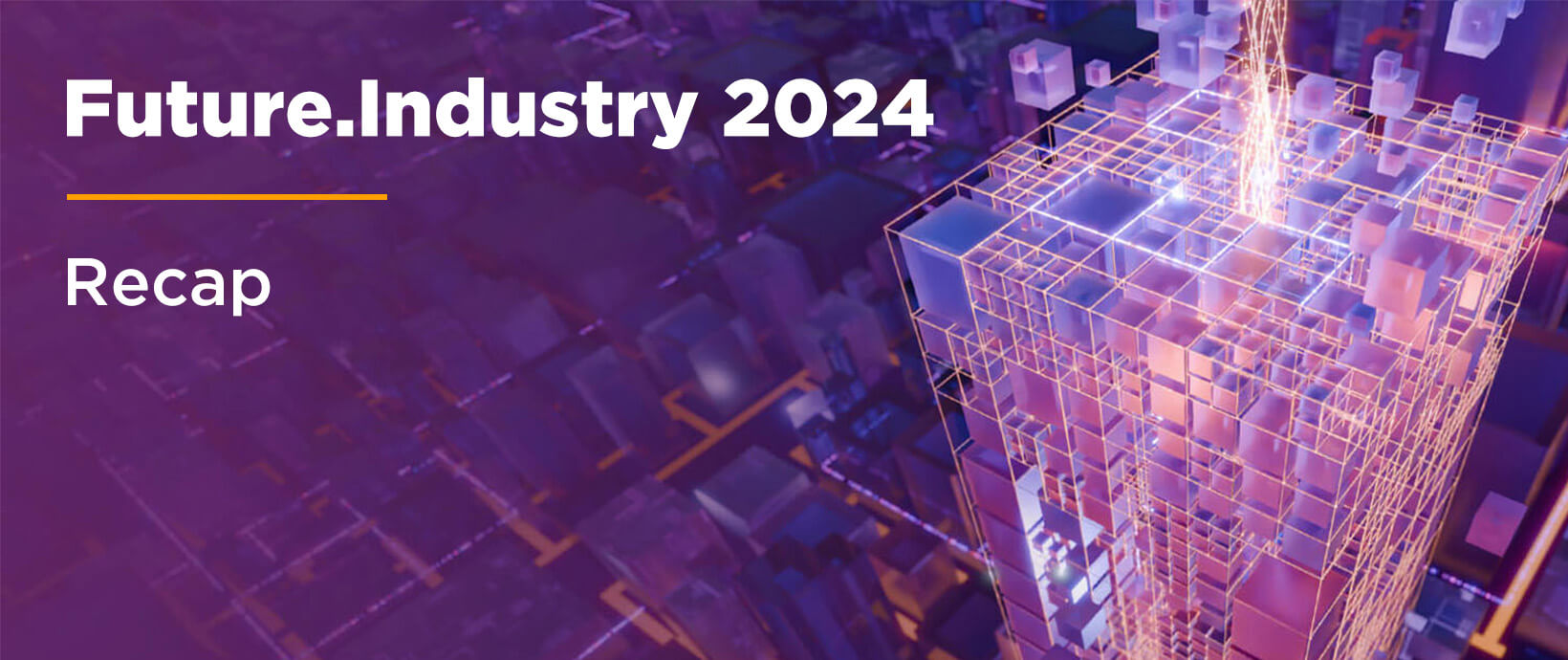Is It Time to Stop Talking About HPC?
Bill Magro, our latest guest in the Future Says series, has been championing high performance computing (HPC) for about as long as there’s been HPC to champion. Just over a year ago, he became chief technologist for HPC at Google. Before that, he spent two decades as an Intel Fellow, where he developed and promoted HPC-based solutions. However, during his conversation with host Sean Lang, Magro explains that, going forward, HPC will be part of a much bigger picture. He predicts the future will be characterized by the convergence of HPC and other flourishing technologies: cloud, AI, simulation, data science, and more. In fact, even though he’s a prominent advocate for HPC, he’s looking forward to when we stop talking about the technology itself to focus instead on the compelling possibilities that convergence promises.
In his own words, “Between cloud and on-premise, between workstations and servers, between HPC, traditional simulation modeling, and AI, all these domains and lines are getting blurred. When we go and talk to companies, they don’t want to talk necessarily about high-performance computing. They want to talk about outcomes, higher engineering productivity, faster time to market, and better products to market in the given amount of time.” The development of autonomous vehicles shows how HPC is a means to a larger, more prominent end. Vehicles simulated in a virtual environment are generating huge volumes of data, which trains the models that feed the vehicles in the real world.
Given the demands of these developments, the capacity and flexibility of cloud technology has obvious appeal. But the willingness of enterprises to invest in it also reflects their growing confidence in its robust security. Whereas enterprises might have once preferred to store data on their own servers, frequent security breaches at on-premise facilities – combined with the excellent track record of cloud providers like Google – have changed attitudes. “Google, in particular, was a pioneer in the notion of a zero-trust architecture,” explains Magro. “So you build up trust from nothing.”
For new adopters, Magro understands the cloud can seem unfamiliar and daunting. In response, Google is committed to collaborating with partners, including Altair, to build tools that make cloud technology intuitive. Balancing workloads between cloud and on-premise is another challenge inherent for organizations that pursue a hybrid approach. Again, Magro highlights tools such as Altair PBS Professional™ as invaluable in helping organizations express their policies effectively.
Magro also makes a strong environmental case for HPC and the cloud. Now, on-premise infrastructure doesn’t need to be designed around occasional peaks in demand. This lets users optimize usage and eliminate waste, which reduces their carbon footprint. Similarly, cloud providers can design their data centers on the basis of extremely high utilization. Magro emphasizes Google’s commitment to sustainability, including industry-leading investments in renewable energy and carbon offsetting.
But despite how exciting it is to talk about the future, it’s equally important to celebrate what’s already within reach. For example, Magro shares how, early in the pandemic, Google collaborated with researchers at Harvard Medical School as they developed therapeutics for people who contracted COVID-19. The Harvard team had a tool that let them access a database of billions of chemical compounds. They could subject these compounds to a series of calculations and determine how they would interact with proteins within the virus. With Google’s help, the researchers consumed around 100 million CPU hours in just a few weeks, and doing so, narrowed down their search to a couple of thousand compounds they could advance to next stage of development. Had they been limited to on-premise capability, the researchers estimated it would’ve taken a century to reach the same point.
That’s just one striking example of the positive disruption convergence among HPC and other fields makes possible. Magro makes it clear that we’re at the start of a journey that’ll make this type of accelerated research, and other monumental breakthroughs, commonplace. As such, HPC is already delivering outcomes that’ll fulfill Magro’s prediction: A world where all the excited talk isn’t about HPC technology itself, but rather on the spectacular outcomes it delivers.
To watch the full interview with Bill Magro, and all the preceding episodes of Future Says, click here.




